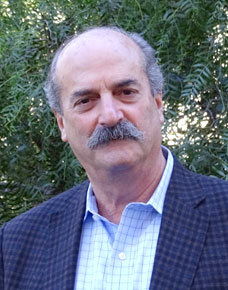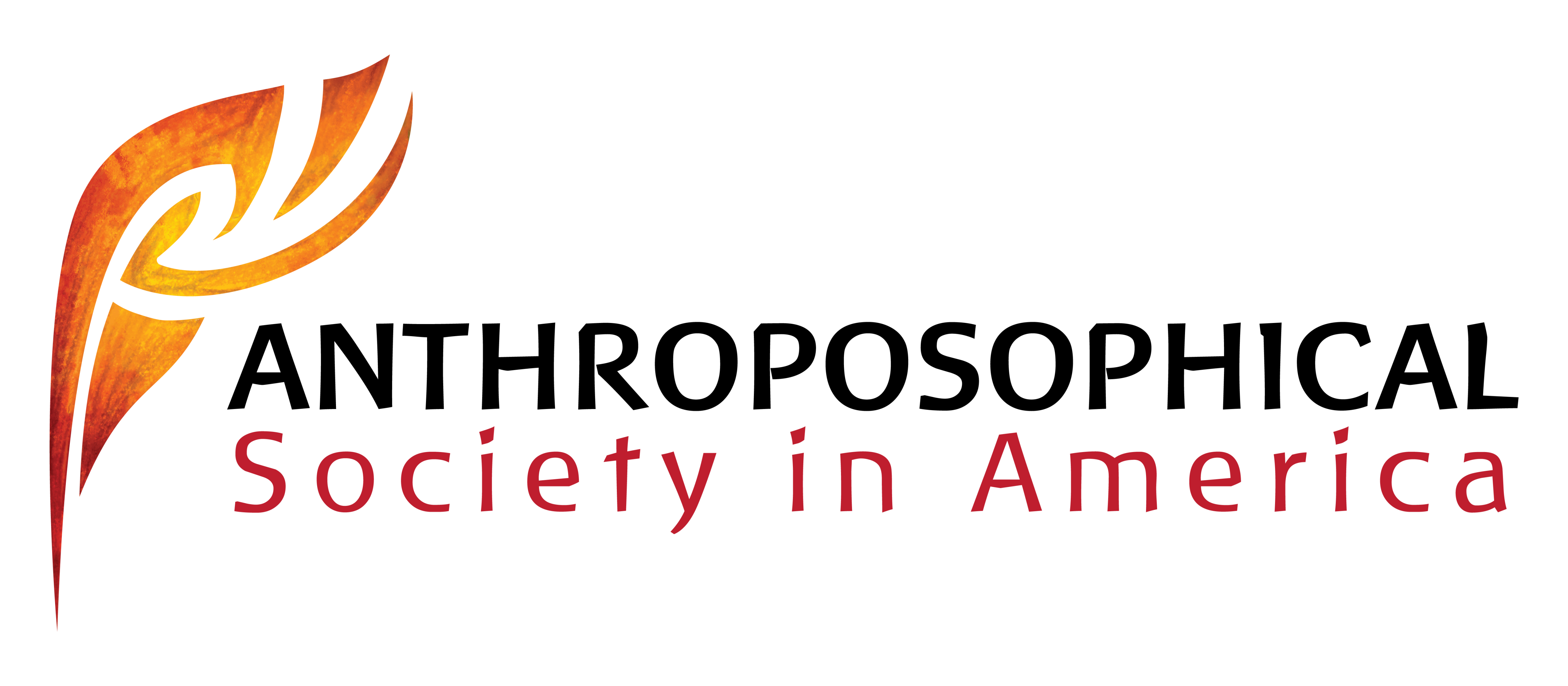From the General Secretary: “where has the sacred gone?”
August, 2019

Dear Members and Friends,
The truth is that when any notion of the sacred is banished, it is impossible for humans to establish a hierarchy of values. Thus we can try to impose a few rules externally, but in vain: the soul will not embrace them on a fundamental level because they do not come from the true source of life, nor are they fed by one.
—François Cheng, Five Meditations on Death, Third Meditation
As I experience evidence of extreme wealth so physically proximate to homelessness in my home town of San Francisco, something feels really wrong. I know this is a very complicated phenomenon, truly a modern entanglement with capital at its core. And, I know the arguments about and explanations for all this, but there is still no justification—plain and simple. Further, despite my intentions and work, I am part of the system that created and abides this profane reality. I truly hope that in other places, the experience is different, but we are all co-responsible for the world we make. Aren’t we?
Where has the sacred gone? Banished, as Cheng describes it, simply means that it has been intentionally absented from day to day reality and sent somewhere else. I have to ask: On whose authority, by whom, and toward what end? These are essential questions and impossible to answer definitively. To do so requires background knowledge of the material and commercial worlds accompanied by an awareness of esoteric forces both good and bad working in and through those worlds. We can try to discern and hypothesize, we can learn from others’ understandings, but we cannot really extract ourselves from the ever-changing reality.
In the absence of the sacred, the value of human life and the value of values are no longer settled matters. In our society, we have made extraordinary technological advances. Lives have been saved, no question. Technology can mimic what we know, take action with supreme accuracy, but it does so without its own moral sense or capacity for compassion. It can only be outcome driven. A machine can function as a human heart but it cannot know as the human heart knows—there is simply no way to program its boundless intuition. So technological knowledge is delimited at the meeting point of binary and moral systems in the same way that what we call a horizon line is used to define the meeting of sky and earth. No line actually exists.
In the absence of the sacred and with it a hierarchy of values, self-knowledge that arises from human virtue is increasingly hard to distinguish from the perceptions that arise from virtual experience. This lack of distinction makes it possible for human reality, that which happens in real time and real space, to be intentionally overridden. This process comes with a tacit devaluing of inner experience beyond the presence of illusion. That is to say that inner experience, a manifestation of a free spiritual life, is nowhere near as interesting or engaging as the externally stimulated and simulated sensate experience programmed by someone else. The diminishing of inner experience in favor of that which can be controlled and quantified is a leading axiom of scientific materialism. And, it is through this very doorway through which dispassion is substituted for compassion.
One case of ethical breach in the beachhead of a moral world that celebrates truth, beauty, and goodness is to see shared experience and sometimes just plain common sense branded as fake news. To hear first-hand accounts of children being intentionally separated from their parents is painful beyond reason for me. I can only comprehend such actions as one face of evil. Others of course may have a different view and I remain open to hearing those views—that is a civic and spiritual responsibility. It seems we are living within a narrative of power and control. As much as this may make me feel very uncomfortable, I am still part of the system in which this is happening. Without recognizing this, nothing will change. I am the only one who can take up this inner work for myself. If this recognition speaks as a shared experience with others, then the work can be even more potently taken up in community.
What can we work toward that is healing for the future?
The task now, if we take Rudolf Steiner seriously, is not to react out of sympathies and antipathies, but rather to observe the cultural patterns, and instead lead out of one’s hard-gained sense of knowing and feeling for right action. The discipline now is to occupy our own consciousness before someone or something else occupies it for us. When we are occupied unconsciously or even against our choice by the currents of the day, for example, the result is a banishment of the sacred—a kind of denial of freedom in the spiritual and cultural realm. Part of that freedom is taking responsibility and authority.
What practices do we have that can ground us in the sacred, in the practice of inner freedom and in social coherence? I return often to the six subsidiary exercises. They are simple but powerful, deeply human, and they have extraordinary social implications in a community of practice.
- The first exercise is about the capacity for concentration and the focusing of thought.
- The second is about disciplining the will, so that it becomes an expression of intention.
- The third exercise is about equanimity or the capacity to remain balanced and calm rather than reactive when met with the unfamiliar.
- The fourth is the exercise of positivity which is the foundation of trust for the future.
- The fifth, open mind and open heart, is a preparation for overcoming the natural tendency to judge everything from the framework of sympathies and antipathies.
- The sixth and final exercise is the integration of all the previous five, which leads to a quality of inner harmony.
Rudolf Steiner gave these exercises as a process for occupying your own consciousness, and as inner preparation for the world of spiritual experience. They are really essential rather than subsidiary, and they parallel preparatory practices found across numerous spiritual streams.
These six exercises are also of particular value when they are taken up as a community practice, say a group that works closely together. In such a social context, the capacity for concentration and sustained thought transforms into a capacity for a group to identify and stay true to longer-term priorities in the face of constant distractions. The exercise of will leads to a group’s capacity to manage itself, to set intentions and direction, to determine right action. Equanimity leads to a capacity to work collaboratively, to make reasoned decisions outside of typical organizational stresses. The fourth exercise of positivity supports staying motivated and overcoming the sense of disempowerment. The fifth, open mind/open heart, opens the space for innovation and insight, and creative community-based solutions. And finally, with the exercise of integrating the five, individual wellbeing translates to community wellbeing—the essence of what Rudolf Steiner called the “Motto of the Social Ethic”:
The healthy social life is found,
When in the mirror of each human soul
The community finds its reflection
And when in community
The virtue of each one is living.
Our task now is to return the sacred to daily life so that a hierarchy of values becomes visible, practical and necessary, and can guide our actions. Otherwise, we lose sight of what is essential and most valuable in our heart of hearts. Can the sacred have meaning without the recognition of the value of every human being? It is an interesting exercise for me to ask the community if it finds its reflection in my soul, and then for me to ask myself if I am a reflection of the whole community. Truly this is a transformative activity, one that will bring us closer to the source of life, and to a place where we can own our co-creation of our reality with joy and integrity for the future.
John Bloom
General Secretary

Nice. Copy me your email and I will send you an article by myself which you might find enjoyable: Rudolf Steiner’s “Mexican Mysteries” and the Road to the True West.
Best Regards, Stephen Clarke
Thanks I needed this
https://thecollectiveimagination.com pagan platonists might be useful, although courage is required, … not because I, or my friends, demand it, but because while we move toward you, there is no evidence you know to move toward us …
Thanks John.
Lets build a straw and clay homes for homeless artists..
Thank you John.
Hip! Hip! Hooray!! So beautifully succinct and a feeling of wholeness in expression, indeed. No sentimental clap trap or wishy washy bullshit. All inclusive, indeed. A happy occasion in reading this wonderful group of words as it, clearly, strengthens and raises hope in the livingness of our reality into the striving into activity of right deed.
Thankyou for this bright treasury of wisdom towards all. Prayer form it is.
Excellent article. Thank you John. I’m working with a group to open a new Steiner School. Many challenges to overcome. This article was supportive.